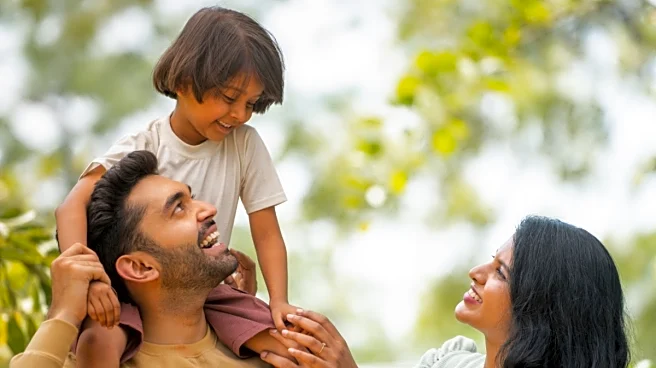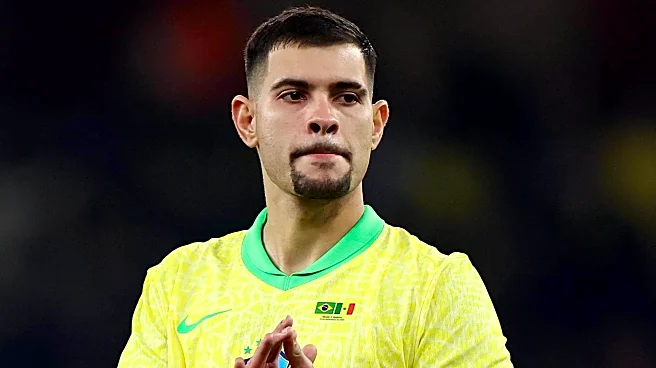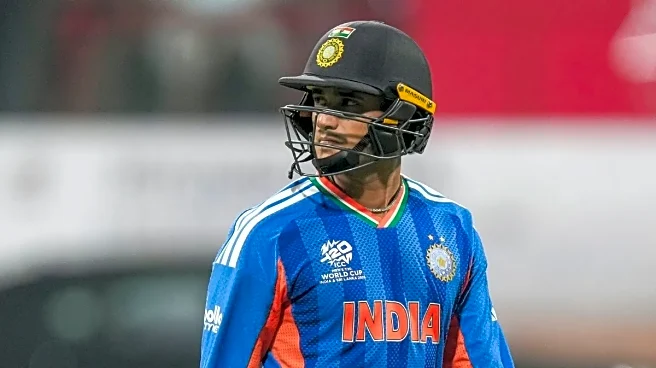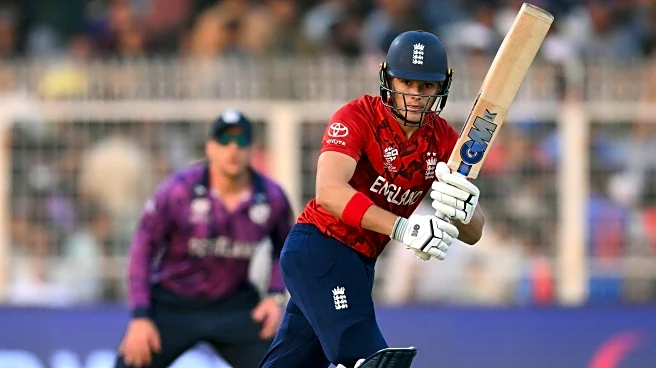Parenting, once rooted in tradition and routine, is now being rewritten by a new generation. As we step into 2025, Millennial and Gen Z parents are transforming baby care into something far more intentional, a blend of science, sustainability, emotional intelligence, and cultural consciousness. This shift is not just about products or trends, but about redefining what it means to nurture a child in a world that’s more connected, complex, and conscientious than ever before.
Parenting Beyond Products: Conscious Choices and Modern Values
According to Chandra Shekhar, Founder of CuteStory, today’s parents are not simply buying baby care products, they are curating experiences that align with their lifestyles and beliefs.
“They are not only looking
for products but for thoughtful solutions that align with their contemporary values, focus on health, and the happiness of their child,” says Shekhar. “Convenience, safety, sustainability, and innovation have become the cornerstones of their decisions.”
Modern parents are blending traditional wisdom with modern science, gravitating toward gentle, non-toxic, and transparent baby care solutions. They are seeking brands that prioritize ethical sourcing, natural ingredients, and honest communication, reflecting a deeper awareness of the long-term impact of their choices.
The trend is also highly personal. From mindful feeding to sustainable diapering, baby care has evolved into a holistic journey, one that nurtures not just physical health but emotional well-being and family connection. “This new approach,” Shekhar explains, “reflects a shift toward personalised parenting where love, conscious decision-making, and a child’s well-being take centre stage.”
Tech Meets Tenderness: The Pediatrician’s Perspective
Echoing this evolution from the medical front, Dr. Jesal Sheth, Senior Consultant, Paediatrics & Neonatal Intensivist, Fortis Hospital, Mulund, observes that the influence of Millennial and Gen Z parents is reshaping paediatric practice itself.
“With their tech-savviness and global exposure, these parents are redefining baby care in ways that directly influence how we engage as paediatricians,” says Dr. Sheth.
Technology now plays a pivotal role from smart baby monitors to apps that track sleep, feeding, and growth patterns. While this data helps create more meaningful conversations between parents and doctors, Dr. Sheth cautions that overexposure to online information can lead to anxiety, as parents often turn to “Dr. Google” for reassurance.
However, what sets this generation apart is their preventive mindset. They’re not waiting for illness; they’re proactively asking about nutrition, probiotics, plant-based diets, and mental health. Conscious consumerism has become integral to their parenting style, evident in the rise of organic foods, eco-friendly diapers, toxin-free skincare, and sustainable toys.
Empathy, Equality, and Emotional Intelligence
Parenting in 2025 is also marked by a strong emotional undercurrent. Gentle parenting focused on empathy and emotional intelligence has replaced punitive methods. Parents are prioritising communication and connection over control, a shift that Dr. Sheth says is helping reduce behavioural stress and anxiety in children.
The evolving family dynamic is another hallmark of this new era. With greater emphasis on work-life balance and shared parenting, fathers are playing increasingly active roles in caregiving. Pediatric consultations now often include both parents, reflecting the shift toward a collaborative and inclusive model of care.
“Paediatrics today is about partnership,” adds Dr. Sheth. “The doctor–parent relationship has moved from directive to collaborative. Parents want involvement in every decision from screen time and sleep hygiene to emotional health and lifestyle medicine.”
The Future of Baby Care: Science, Sustainability, and Soul
Millennial and Gen Z parents are raising children in a world defined by technological change, environmental awareness, and social responsibility. Their parenting ethos combines data with intuition, sustainability with convenience, and tradition with innovation.
As Shekhar sums up, “Baby care today isn’t just about keeping babies clean or fed, it’s about nurturing them consciously, with warmth, mindfulness, and purpose.”
In redefining how children are cared for, these parents are also reshaping the future of childhood itself one that is healthier, happier, and infinitely more humane.







/images/ppid_59c68470-image-177107504779557732.webp)

/images/ppid_59c68470-image-177107504945830607.webp)






/images/ppid_a911dc6a-image-177107322672112787.webp)
